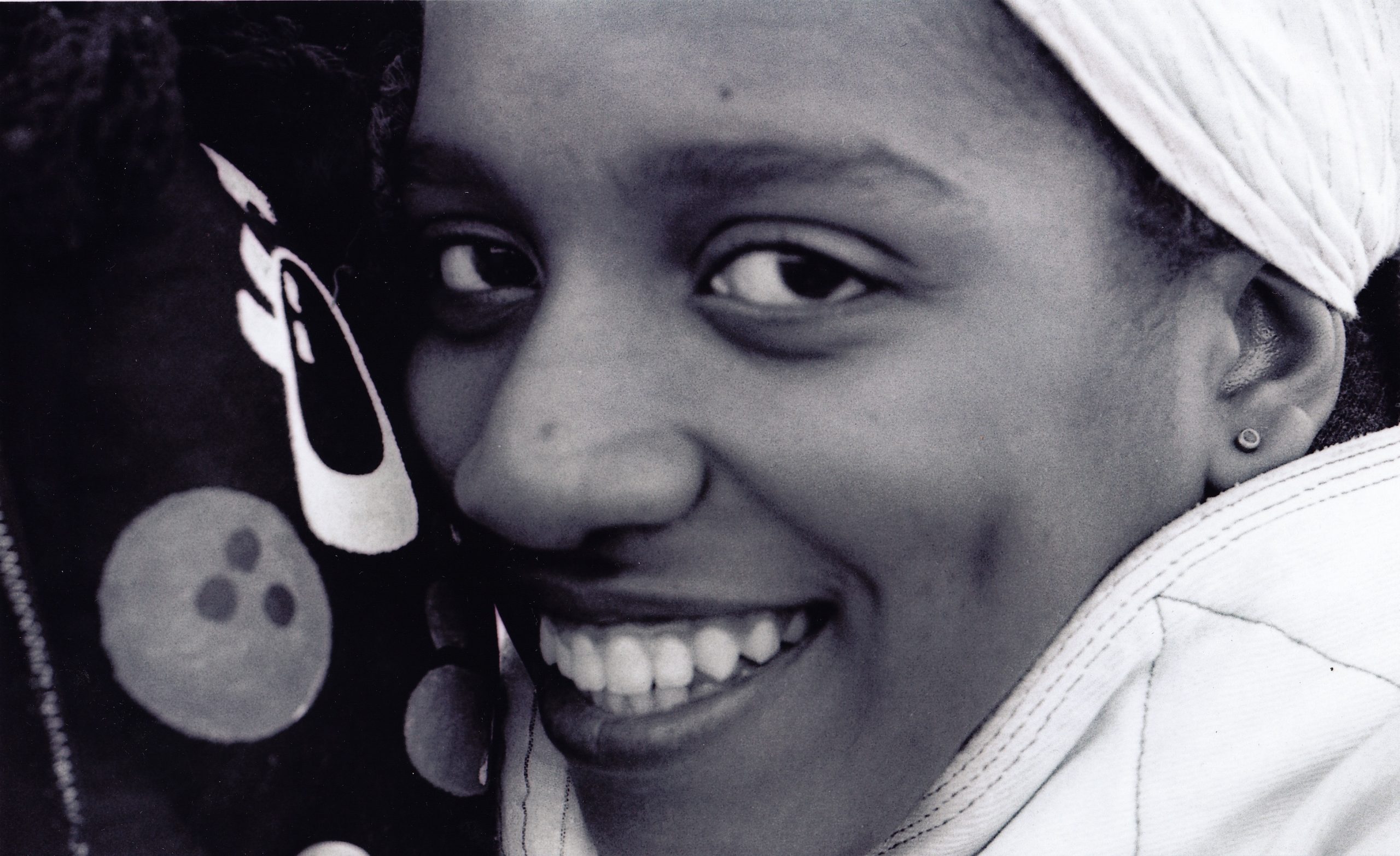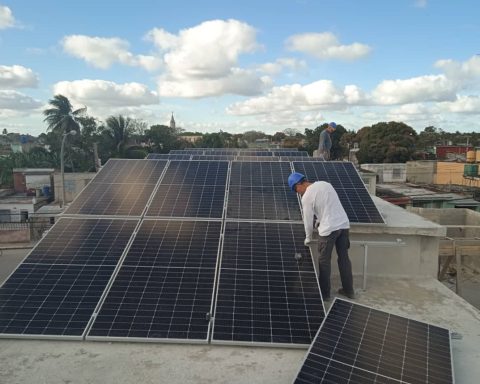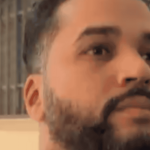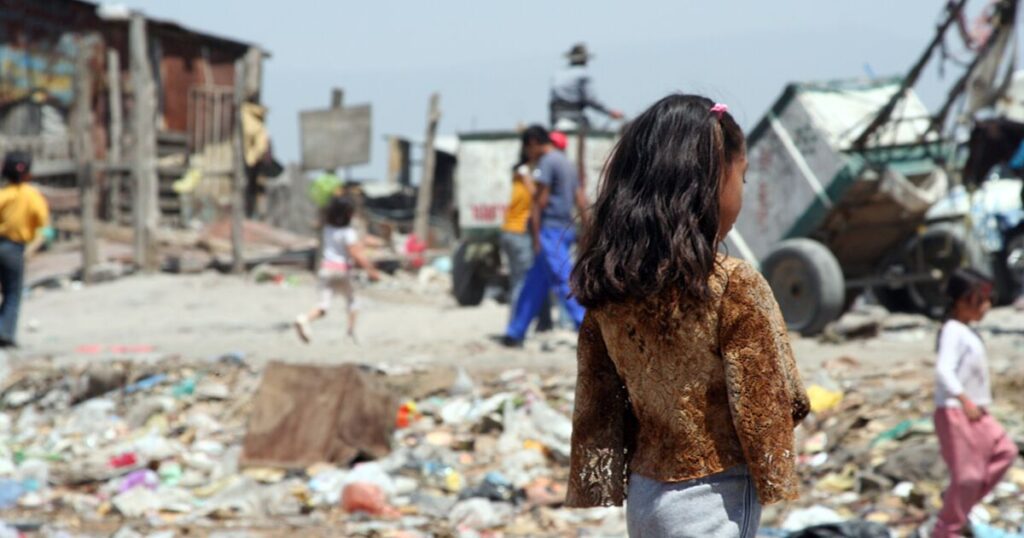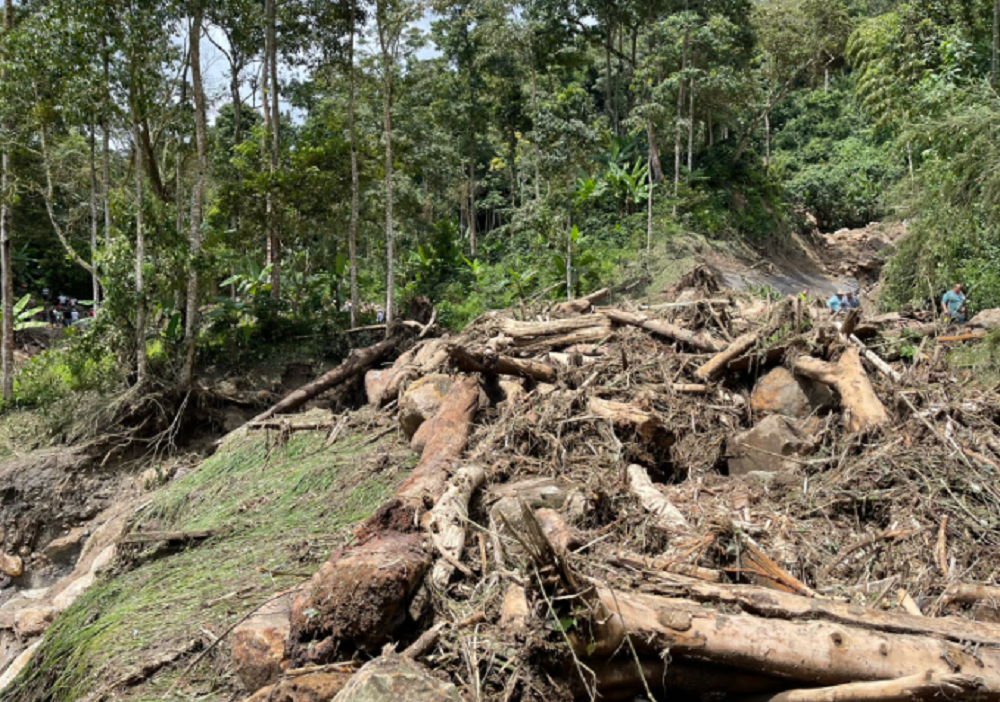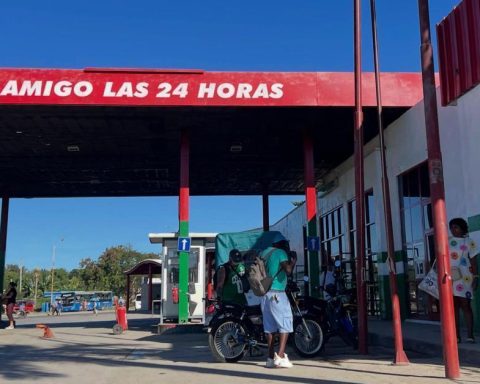When I travel I always find myself at one time or another confronted with the inescapable question: where is home? The question surprises me the same within the doze in which I fall in the waiting room of some airport, that waking up between the soft but strange sheets of a hotel room, devouring fruits that I will not be able to buy in my Sunday market —apples, pears , strawberries and peaches are usually sold by peasants in Pennsylvania, not mangoes, guava, papaya or passion fruit -, or tasting dishes that, even if I try, I won’t be able to reproduce in my kitchen, when I return… The return, that final point of the trip, like a specter lurking behind every action and thought I abandon myself to as I wander, far from home. The house, my house. Is the house home?
Since I was a child I have longed for wandering, which I associate with living without limits, not demarcated by my own skin, by language, culture or money; So I wanted to escape from my circumstance: the country, my history, my present, my body with all its marks. Now, with so many years behind me, I have become the one who seeks to stay, exploring my flesh in each here and now. Also within the most intense transhumance I have come to discover that the trips actually serve me to rediscover my permanence; They help me to be here and now in different moments and spaces, discovering myself in every opportunity that comes my way, being infinitely different from being myself.
These days, in the middle of my wandering between Salvador de Bahia, New York and Havana, I think of the black maroon women, delivered before and now to the wandering that made their survival possible. In their time they fled from the plantations and founded palenques in the intricate jungle. Then, once slavery was abolished, they left the fields, escaping cycles of oppression that seemed to condemn them to live the same experiences already suffered by their enslaved ancestors. Even today, these women can still be found walking from one end to the other of the cities to which they or their mothers arrived: they pass by selling fruits, cakes, empanadas, hardware, or carrying the clothes they wash, the tools for cleaning the houses where they serve. Or we go from one office to another, hoping at some point to reach the right one, knock on the door that finally opens the future of our children and grandchildren; the possibility that allows us to circumvent destiny. This is how we move, stripping ourselves as we do of fatality, what seems inevitable, what we have been told must always be like this. We move, but it’s not always running away. We move looking for ourselves, finding ourselves, becoming who we want to be.
Although it is true that in the beginning there was flight, which for a long time has been the first resource to turn to when unease sets in, that gnawing feeling of never being in the right place.
I have been running away then for years because I have never been able to convince myself that I have a real home. There is no place of its own. In fact, only in transitory spaces have I been able to feel at peace, to fantasize about the idea of finding a home in them. Knowing, however, deep inside, that this home would only be possible as long as I knew that I would not settle there permanently: it would not occur to me to live in Stykkyshólmur for more than a few weeks in summer, when in Iceland the days seem eternal and you can still breathe the air cold without freezing to the intestines; I did not seriously learn to speak German or Portuguese because my flesh knew that I would never go to live in Berlin or Porto. Like my obsession with a handful of men who have not loved me, my fascination with the cities that temporarily welcome me is inversely proportional to the feasibility of settling in them. Home is an invention, it doesn’t exist, he used to tell me. I only felt I belonged in a non-existent space where no one recognized me, knew my name and my past and expected something from me, imagining my future. I would find in the elusive foam of the sea the perfect image for my idea of home. A space as ubiquitous as it is evanescent.
I also know that the home defends itself. There are the patriotic martyrs, those who come to immolate themselves for asserting belonging to their home, the Homeland. Everywhere, in our parks and avenues, the bronze and marble of his statues perpetuate that illusion of an undaunted permanence, proof of centuries, storms, revolutions and disenchantment. But, I, who only believe in the waters capable of granting us eternity, who cannot identify as home any place where my permanence is expected; me, with nothing of my own in such a space to defend; I have only known how to flee. It’s just that, from listening so much to the questions that others ask themselves when discovering my presence, I’ve ended up allowing them to make their way into my head, find a niche there and settle down, dominating me: what is she doing here? Who is she? why? How does she dare she? The curious thing is that she then did not intend —at least consciously— to dare me. I just wanted to float… to be sea foam and melt between them, those who reject me.
Because we flee when we have been convinced that the space we occupy is not ours and our experience in it is constantly attacked or considered an imposture or an unearned benefit; when our lives are regulated by others. It is what leads us to consider ourselves powerless and dispossessed, without agency over our space, our time, our bodies.
Thus, in the worlds I know, it has been difficult for me to find a home because those who have written and write their rules do so by excluding me from them. People like me are talked about in intellectual circles. Black men and women are studied by academics and we become tasty characters for narrators and poets, troubadours and reggaeton players, playwrights, filmmakers and painters. More rarely we are invited to talk about ourselves. You can talk about me, but I must not talk. Suffice it to take a quick look at the conference sessions and panels where the so-called wise men talk about the past, present and even future black experience, barely quoting us at the end of a chapter, at the bottom of the page. Always on foot. Never in the head. Anyone would say that we only exist as the idea that those who observe and catalog us form of us. For them, the presumed experts, we are objects of study, just as our ancestors were objects used for work. When in the present we are invited—because we are almost never the hosts—to talk about ourselves, the entrance is a door left ajar with suspicion, on condition that we respect the rules of the house. That house is not our house, because its rules have not been dictated by us. We are just the guests. That space cannot be our home. It shouldn’t surprise me then —and it doesn’t surprise me anymore, in fact— the perplexed face of my students on the first day of classes, when I burst into the classroom and discover that the teacher is black, is Cuban… and will evaluate their knowledge through a semester.
Many other images and sensations of exclusion remain fixed in the mind. Some even turn out to be profitable, despite the painful mark they may leave: the lane of the pool that is cleared for me as soon as my black body enters the water; the sauna cubicle that empties when I enter. I particularly remember that Russian gentleman who stayed with me in the dim light of the sauna and even struck up a conversation. That where I came from, he wanted to know; because, of course, that I enjoyed the same vapors as him and was enrolled in that sports club, could not be normal. Could it be an alien? When he found out she was Cuban, he sarcastically continued, “Did you get to the United States on a raft?” “No,” I replied, “on board an Air France flight. And you, did you hide in a smuggled vodka barrel?” The Russian couldn’t answer but he couldn’t stay in the cubicle either; and I was able to achieve total relaxation alone, among the vapors of the sauna. He entered me more easily.
And it is ultimately within myself that I find a home when the bodies that surround me insist on alienating me. It is only a matter of recognizing my belonging to myself, to me as a human being forming part of this universe that, in its most precise dimension, does not stop to divide us by race, gender, sexual orientation, nationality. For the universe and its forces, only my human flesh counts, and how that flesh is positioned within its immeasurable whole: not within a nation of artificially drawn borders, nor subject to an ideology imagined by beings as mortal as myself, or dependent on identities of race and gender equally fabricated by people who don’t know me and won’t know me, who will never know who I am. Only I have to know myself and recognize my presence within this universe. There is no reason to escape. The maroonage is not only flight; it is also, and perhaps mainly, creation. It is the construction of the home in which the palenque becomes and the invention of oneself —maroon by her hands and liberated imagination, architect of her own existence.
So I’m not running away. I’m. Now. Here.
